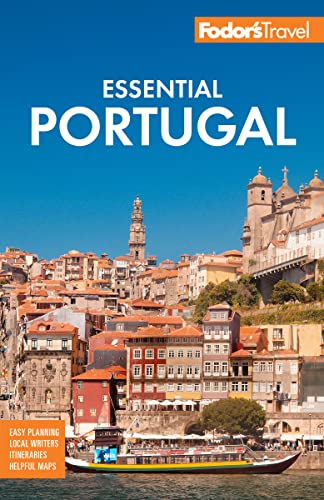At an elevation of about 3,300 feet, Portugal's highest city is aptly referred to by the four Fs: forte, feia, fria, e farta (strong, ugly, cold, and wealthy). A somber conglomeration of austere granite buildings in a harsh, uncompromising environment, Guarda isn’t charming, but it is of historic interest and makes a good base for exploring the mountains and fortified villages along the Spanish border. Winters are cold and gloomy, often cutting into the short springtime.
From pre-Roman times, Guarda has been a strategic bastion on the northeastern flank of the Serra da Estrela, protecting the approaches from Castile. The town is thought to have been a military base for Julius Caesar. After the fall of the Roman Empire, the Visigoths and later the Moors gained control. Guarda was liberated in the late 12th century by Christian forces and, along with a number of towns in the region, enlarged and fortified by Dom Sancho I. The dukes of Bragança were closely related to the kings of Portugal, and with rank came the privilege and aforementioned wealth. For the rather dour and purposeful local mountain residents, Guarda is still a main trading and business center.




